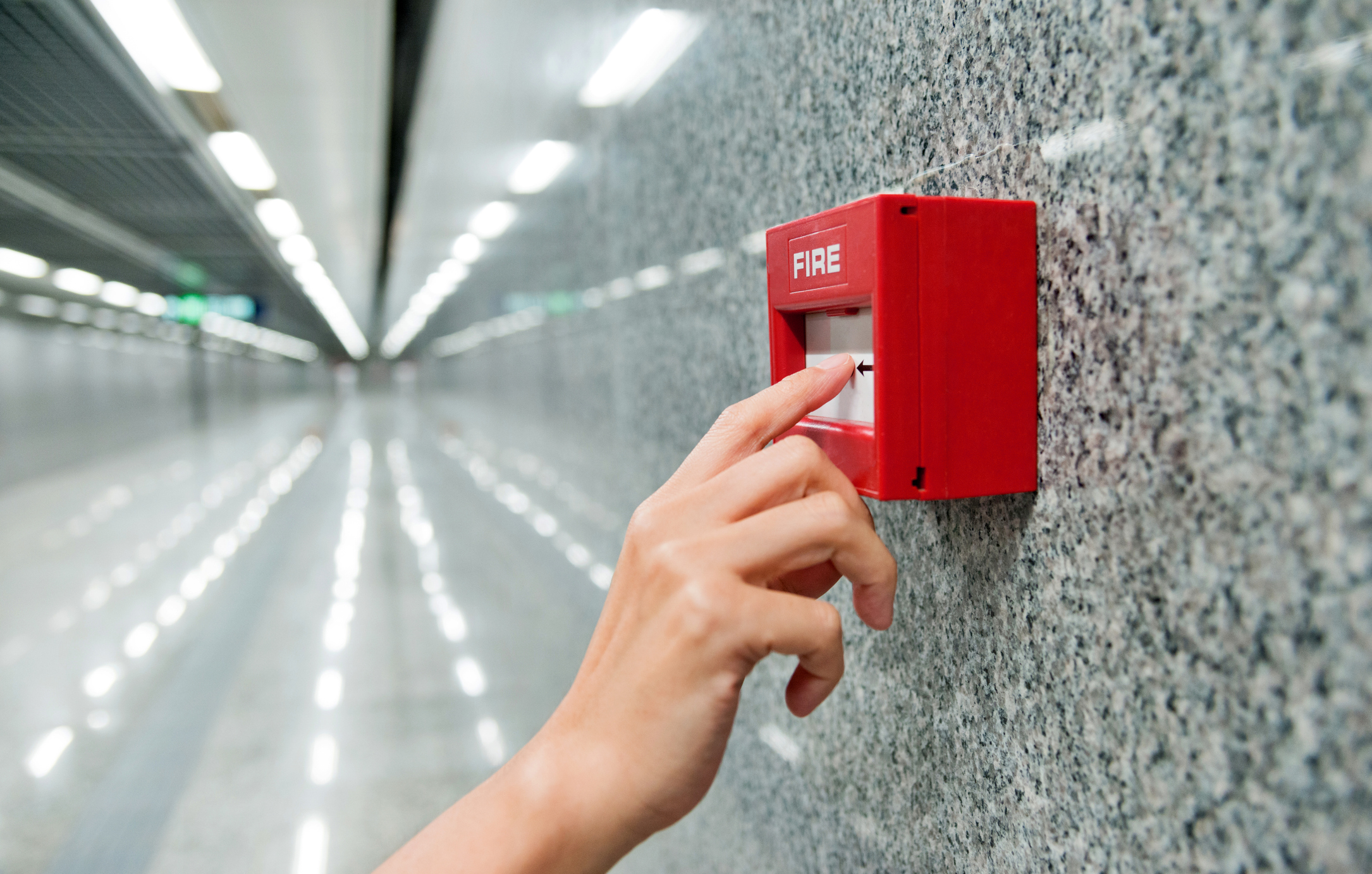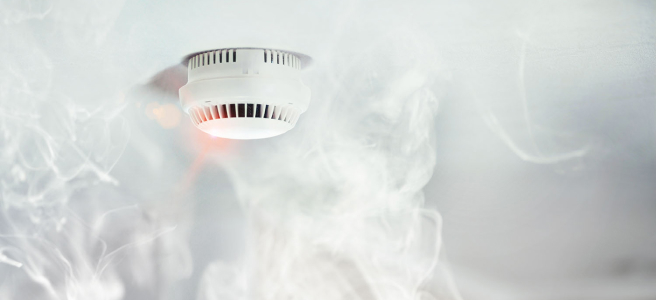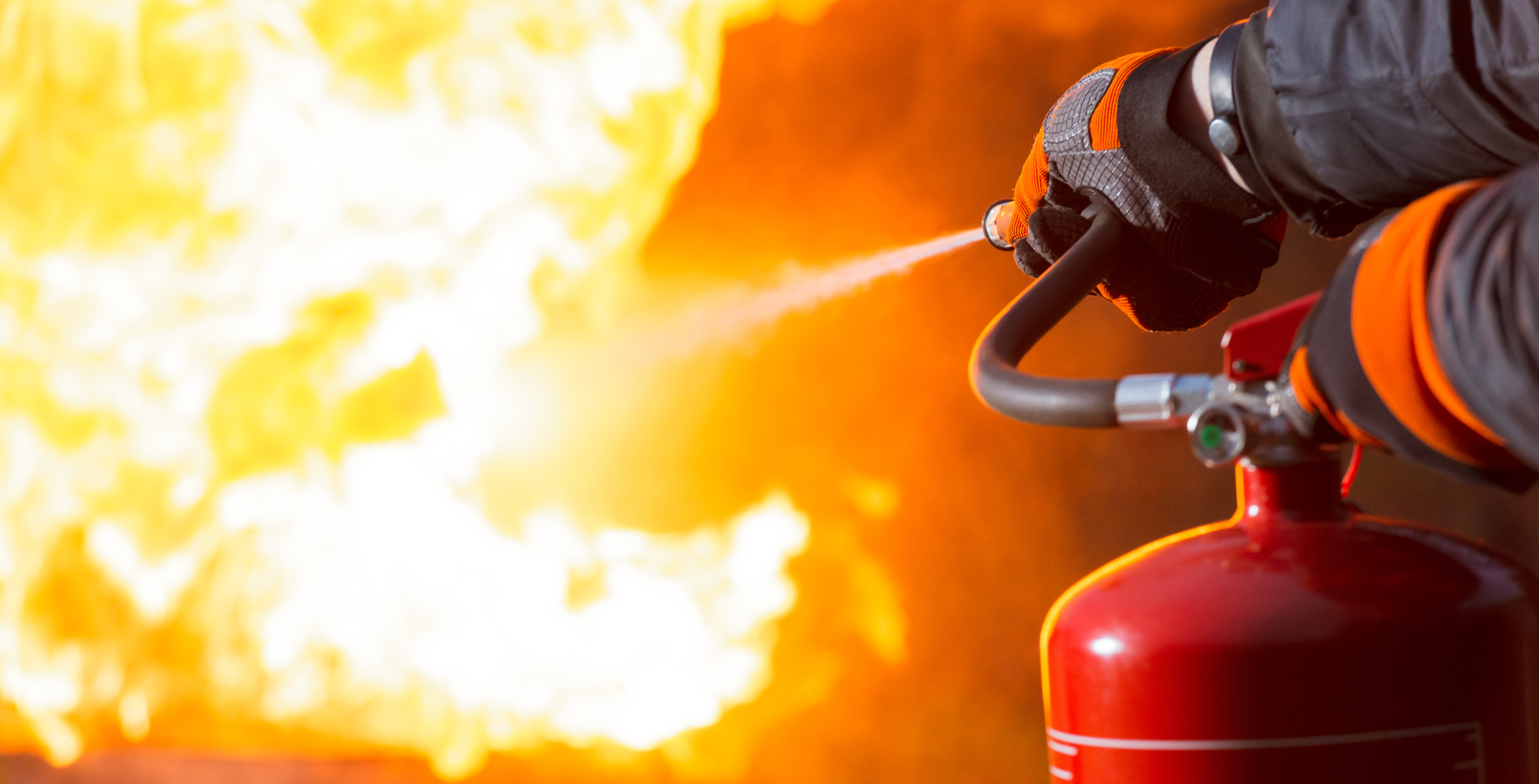
How Frequently Should the Fire Alarm Be Tested at Your Workplace?
Legal Framework in the UK for Fire Safety
The foundation of fire safety legislation in the UK is the Regulatory Reform (Fire Safety) Order 2005, which applies to all non-domestic premises, including workplaces. This law emphasises the role of the ‘responsible person’ – usually the employer or the person who controls the premises – to take necessary precautions to prevent fires and ensure safety in case a fire does occur.
Employers are required to carry out a thorough fire risk assessment, maintain fire safety measures, and regularly review the precautions in place. A core aspect of these precautions includes the installation, testing, and maintenance of fire detection and alarm systems. Compliance with British Standard BS 5839 is important as it provides the detailed guidelines necessary for fire detection and alarm systems. This will also outline other key details, such as the legal requirements for fire alarm maintenance.
General Guidelines on Testing Frequencies
To comply with BS 5839 and ensure operational effectiveness, you should test your fire alarms at least once a week. This regular testing helps identify any malfunctions or failures in the system that could impair its functionality in an emergency.
Each test should simulate fire conditions to confirm that alarms trigger correctly and that the sounders operate effectively throughout the building. It should also verify that the control panel receives the right signals and that these are processed appropriately, ensuring that any fault indicators are working correctly.
Conducting a Fire Alarm Test
Conducting a weekly test is relatively straightforward and should be part of routine safety checks. Conducting these tests can be disruptive, so make sure you plan your testing ahead of time. Below, we will outline a breakdown of the steps you should take when conducting a fire alarm test:
- Notify All Employees: Ensure everyone in the building is aware that a test will take place, preventing unnecessary panic and disruption.
- Use the Manual Call Point: Activate the fire alarm using a manual call point. It’s advisable to use a different call point each week to ensure all are working over time.
- Check Sounders: Confirm that all fire alarm sounders are operating as they should.
- Reset the System: Once the test is complete, reset the system and ensure it returns to its normal monitoring state.
- Log the Test: Record the outcome of the test in the fire safety logbook as required by law.
For more extensive and detailed annual tests, it’s wise to engage professional fire safety services such as our team at Britannia Fire & Security. The tests we can conduct are more comprehensive and can involve a full system inspection and sensitivity checking of detectors.
Addressing Common Issues and Compliance
Routine testing can often reveal issues such as faulty sounders, non-responsive manual call points, or signal failures in the control panel. Addressing these issues promptly is essential to ensure a fully functional fire alarm system. Replace faulty components, and if necessary, consult with a professional.
Maintaining an up-to-date fire safety logbook as part of your compliance with the Fire Safety Order is another important duty. This log should include all details of tests, faults, maintenance, and corrective actions taken. Such records not only help in regular safety audits but also prove compliance in the event of fire safety inspections by authorities.
Enhancing Your Workplace Fire Safety Culture
Creating a robust fire safety culture goes beyond routine tests and compliance. It involves training employees on fire safety procedures, including how to act in case of a fire, recognising fire hazards, and the correct use of fire extinguishers. You should also regularly review and update your fire safety procedures to reflect any changes in the workplace layout, building occupancy, or updated legislation. Organise regular fire drills to ensure everyone knows the evacuation routes and assembly points.
Incorporating these practices into your workplace routine helps to enhance safety and also reinforces the importance of readiness and prevention, making fire safety a regular part of the working ethos rather than a once-off compliance tick-box. If you’re looking to improve the fire safety in your workplace, or would like assistance with fire alarm installation or maintenance, then please contact our team at Britannia Fire & Security today.




